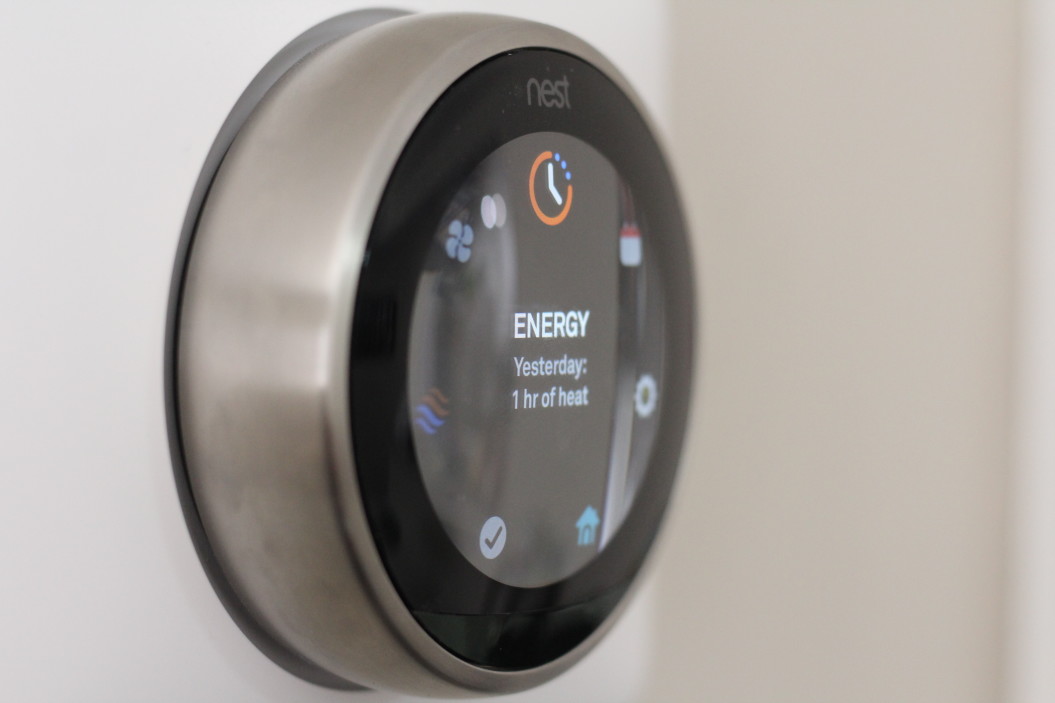The UK Government has originally planned to roll out smart meters to all homes by 2020, which was later pushed back another four years to have 2024 deadline. However, UK Energy firm superiors have expressed their concern regarding the attainability of the plan.
The abandonment of the original 2020 plan was delayed following issues on connectivity experienced by the current batch of smart meters. The group has also relayed their doubt about the probability of implementing the said plant to all households in the country.
Remarks from the Suppliers
The Government has set out its smart meter rollout project in 2024 to cover 85% of homes, but industry experts warn that this goal cannot be met in the estimated timeframe. Energy UK, trade body representing suppliers all over the country, issued a statement saying that the members are in danger of failing.

The smart meter rollout can also incur massive fines for the trade members if they fail to meet the requirements the project entails. It’s the reason why the trade body took a swipe at the updated plan announced by the officials a few months earlier.
Energy UK has commissioned a study recently, which revealed that only 68% of domestic homes would have smart meters installed when the deadline is up. This percentage is considerably lower than the Government’s target at 85%.

The trade body penned a letter to the Department of Business, Energy, and Industrial Strategy (BEIS) stating that the proposed target of smart meter rollout to 85% of homes is impossible to reach by the deadline.
Energy UK members, who are mostly from UK energy companies, conveyed their overwhelming agreement to this assessment.
The Government’s Plan
The Government has announced a 2024 deadline for suppliers like British Gas, Scottish Power, and Eon to install smart meters to the homes they service. They have pushed back four years from the original 2020 target due to the issues cropping up on the current batch of smart meters being used.
It has also predicted only half of the homes will have smart meters installed by 2020, with rollout costs rising from £11B last 2016 to £13.5B this year. However, the expected total savings have increased from £16.73B to £19.56B.
Citizens Advice, a UK consumer group, urged for the extension of the deadline and has welcomed the new decision, stating that it would benefit consumer interest.

Chief Executive Gillian Guy from Citizens Advice said that the 2024 deadline would give time to suppliers to iron out existing technical problems and improve customer service during the implementation.
He also noted how consumers pick up the tab following the escalating cost of the rollout. He cited the cost-benefit analysis showing that focusing on the speed at which suppliers persuade customers to fit smart meters does not work towards the goal.
DCC, a government-backed company, is supposed to develop an infrastructure to resolve issues about older meters failing to send data in real-time to the suppliers. It’s one of the technical problems that are yet to be addressed.
Energy UK Chief Executive Lawrence Slade revealed that the sector works closely with the government and their partners to ensure that the rollout is deliverable and places no unreasonable cost to customers.
Letter Details
The Government revealed its calculations on the rollout, stating that if the suppliers could implement the plan it time, they would achieve the target coverage by 2023. However, not all households are eager to switch to smart meters, and officials are aware of that.
Despite it, the BEIS still believes that an 85% rollout is realistically achievable once 2024 comes around.

Energy UK sent the letter in response to the proposed new rules following a BEIS consultation. The group has conveyed its worry that suppliers are set to fail under the existing system that allows consumers to refuse a smart meter fitting when offered.
The body warned that suppliers might face penalties due to external factors beyond their control, resulting in their unintended non-compliance.
This possible turn of events will be a big blow to the rollout plan of the government.
BEIS recommended the 2024 deadline last September, including the imposition of fines for any supplier that fails to reach the annual target.
However, in a Frontier Economics report commissioned by the trade body, only 1 in 8 suppliers would likely be able to meet the 85% goal by 2024.
